- July 14, 2025
-
-
Loading

Loading
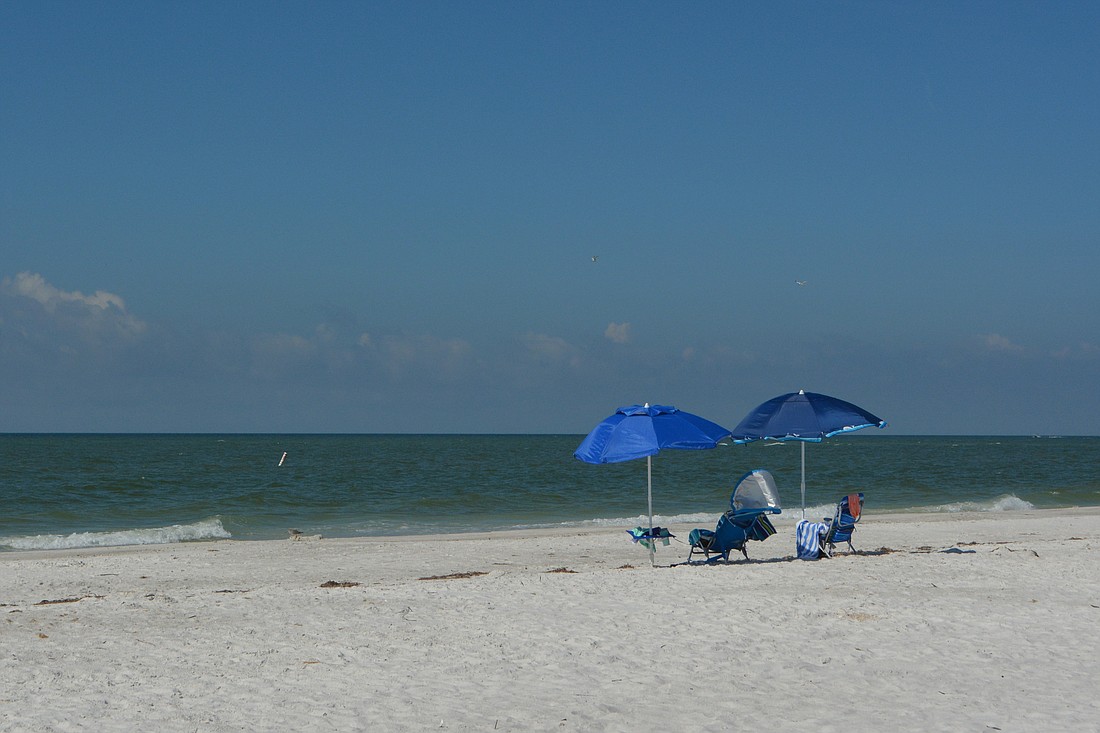
Financially, the town of Longboat Key remains in a good spot. With the start of the fiscal year 2024 budget cycle, commissioners received a presentation about important considerations, such as projects and the addition of new staff, before moving forward with the process.
In the 73-page presentation compiled by Town Manager Howard Tipton, Public Works Director Isaac Brownman and Finance Director Sue Smith, a number of projects were highlighted as priorities for town dollars heading into the next fiscal year.
“Generally speaking, the economy that we find ourselves in right now continues to be strong despite some uncertainty,” Tipton said. “The Florida marketplace is strong. The regional marketplace that we are a part of is even stronger; it’s strong on Longboat Key as well.”
Because of the state of the barrier island’s economy, Tipton said it helped him feel comfortable making recommendations for infrastructure projects in the near-term and in town staff.
“The budget is the ultimate policy document,” he said. “It is putting your money where your mouth is. As we develop (the budget), we do this with the community in mind.”
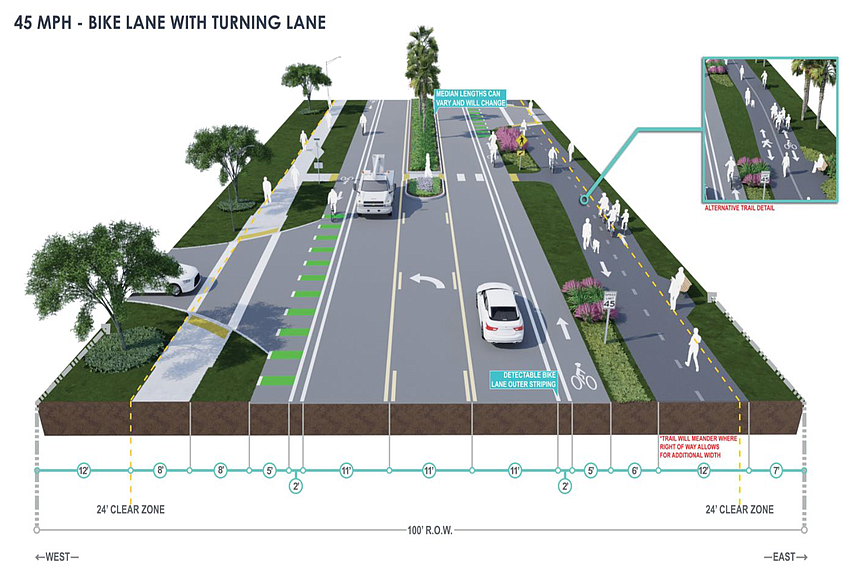
The town has previously approved plans to improve the state-owned road. The town's seeking about $28 million for planned improvements. However, that money is not anticipated until 2030. For this year’s budget, Brownman recommended $600,000 be added to fully fund the Broadway at Gulf of Mexico Drive roundabout and $200,000 be added to fully fund the Country Club Shores left-turn lanes. Other components of the corridor plan include 7-foot-wide buffered bike lanes, a 12-foot multiuse trail on the east side, left-turn lanes at higher volume intersections, raised landscape medians where feasible and a 6- to 8-foot-wide sidewalk on the west side.
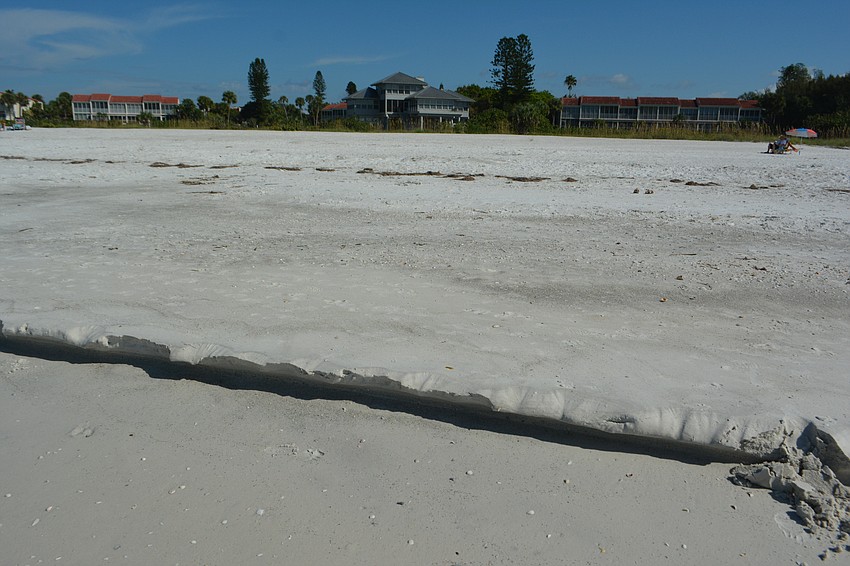
The next major beach nourishment project is not planned until fiscal year 2029 with $35 million currently set in as a placeholder until a more accurate estimation can be made. A $6 million dredge is also planned for the time period. The number is estimated to be high as town staff contemplates placing additional rock groin structures in high erosion areas to help keep newly placed sand in the area for longer periods. For the fiscal 2024 budget, about $1.45 million is planned for interim nourishment projects. The beach capital plan accounts for an estimated $7.3 million in projects in the next fiscal year alone.
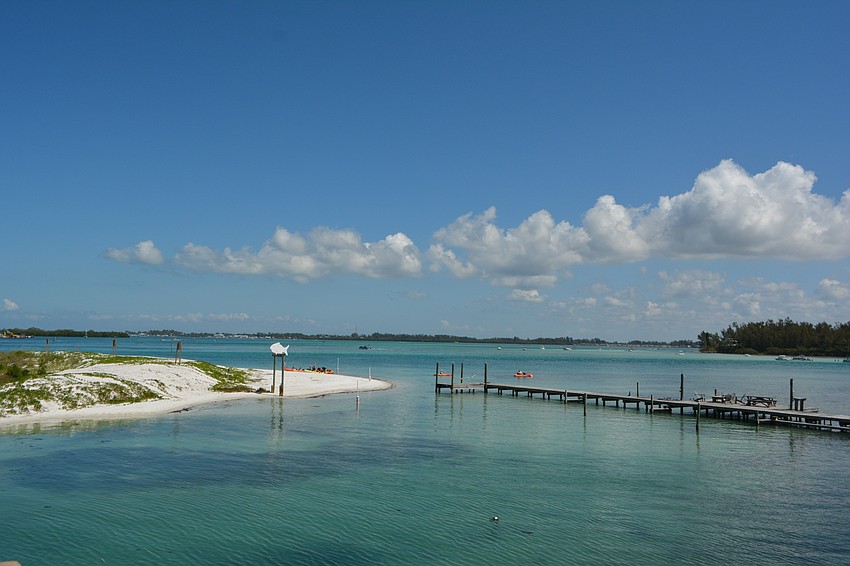
Over $1.3 million is expected to be necessary for completing work at Canal 1A at Greer Island. The project is facing a setback as shorebirds have made their nest in the area previously planned for depositing dredged sand, Brownman said. In order to continue work, plans would need to be altered to ensure work is not being done too near the nesting area. If the contractor decides to not agree to changing plans, work could be delayed for about two months. Regardless, costs are expected to increase for the project.
The area remains a magnet for sand, causing commissioner and staff concern for the possibility of a longer wait before sand is removed from the area. The most recent dredge was completed last summer.
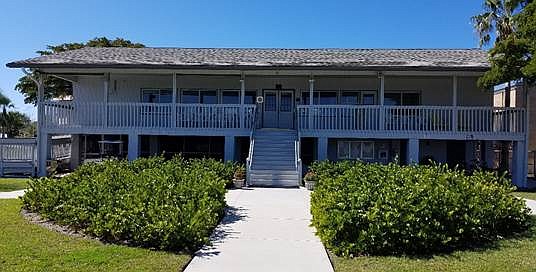
The Recreation Center at Bayfront Park has been in desperate need of a remodel for a few years. The town had previously worked with architects to mock up concept plans for a new center. However, work was paused when staff was considering putting a fitness center at the new Town Center Green. After deciding against that idea, staff came back to the commission with the recommendation of setting aside about $150,000 in next year’s budget for continuing concept planning. The town will be pursuing a similar two-story indoor building with space under the structure for parking, which has been a longtime issue at Bayfront Park during the busy season. Commissioners agreed that additional discussion was needed at a later meeting.
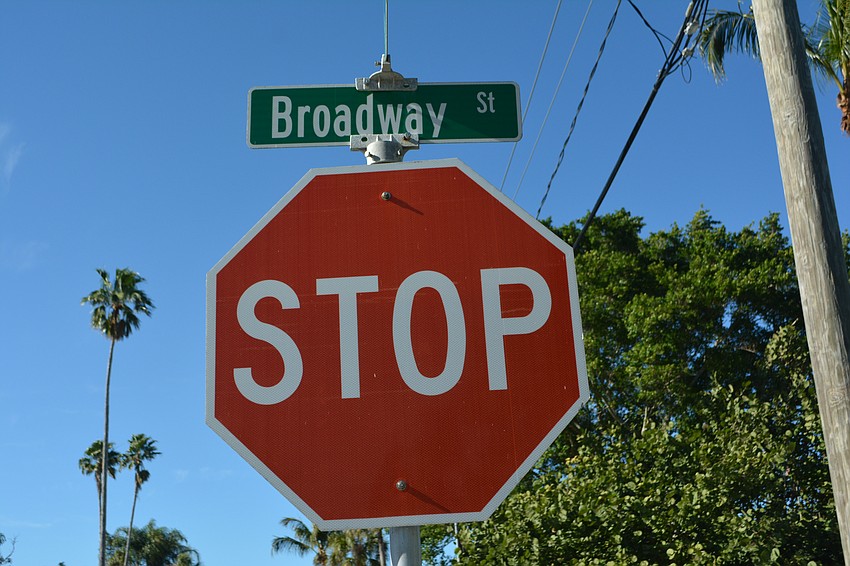
The town is seeking additional street name signs and block lighting options. Currently, as part of the town’s underground utility project, 80 light poles are being placed along Gulf of Mexico Drive with costs at about $1.6 million. Many of the street signs are the state road have been in place for years. Nine of the street signs are dark brown, 25 are blue and six are backlit street signs. During their annual strategic planning retreat in April, commissioners asked staff to seek out backlit signs to provide easier readability for drivers at night. Staff returned with the news that such replacements are obsolete and can be hard to maintain. Instead, staff mentioned a recent sign replacement that used a reflective street sign with light on top of the post. To replace all of the street signs in this manner, about 40, would cost about $100,000. A backlit option is estimated to cost about $300,000 and staff is continuing to pursue potential vendors.